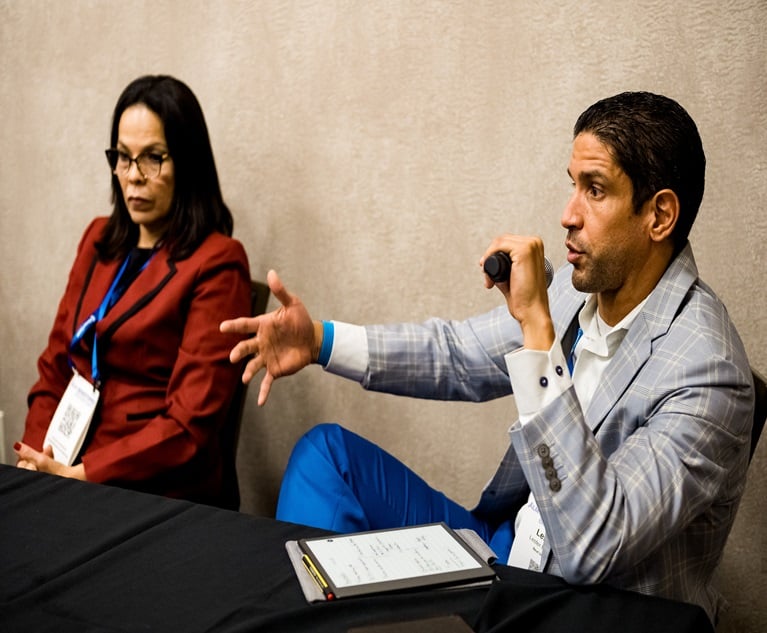More training
|I read with interest “Avoid the steamroller” (AA&B January2011). As you correctly point out, providing the right training tonew hires presents significant challenges for an agency. I was,however, disappointed it presented an incomplete picture of theprofessional development landscape for those entering the agent andbroker business.
|To effectively sell a product, an individual must possessdetailed knowledge of his or her product, whether it is anautomobile or an insurance policy. As Bill Wilson correctly pointedout in “40 Hours and I'm an Insurance Agent!” onAA&B's website (propertycasualty360.com), “Insurancepolicies are complex contracts…Many insurance practitioners lackthe requisite skills and knowledge to fully understand much lessexplain the products they're selling.”
|Agencies today are concerned about providing value in order towin new and retain existing clients. Professional development givesproducers tools to explain products and assist clients with goodrisk management decisions. That's value that goes straight to theclient's and the agency's bottom lines.
|In-depth technical knowledge of the insurance product is notonly good for business in terms of sales and commissions, those whopossess such in-depth knowledge are less likely to disappoint theircustomers and face costly E&O claims.
|To develop well-rounded and effective employees, it is importantto supplement soft-skills training (like sales) with technicalinsurance education. Designation programs like CPCU or AAI canprovide this vital technical foundation.
|All an agency has to sell is the knowledge of its people.Without strong technical knowledge, it is difficult to bring thevalue clients expect and continually meet agency strategic goals.Professional development provides the competitive edge every agencyneeds.
Anita Z. Bourke
Executive vice president, The Institutes
Faulty fraud?
Barry Zalma's article “Expensive to defraud the U.S.” (AA&B January2011) confused me. Unless the agent had knowledge of what was goingon by the farmers, he had no culpability or liability in thematter. It just appears to be another case of anoverzealous federal prosecutor trying to make a name for him orherself without doing any fact checking.
Dale Pettine
Delphi, Ind.
Zalma response:That's what the case was about—apparently the agent got in troublebecause he knew what was going on. You will note that the agentlost in the trial court, had the case reversed for further evidencein the appellate court, and we don't know how that case came out.The people he insured, however, admitted they had no insurableinterest in the crop he insured. I am unable to see from anappellate decision whether the prosecutor was overzealous butassume he or she was not since they proved their case at trial.Also note that the court sent it back to determine if the agentknew the false applications would be going to a governmentagency.
|An Agent Gets His Wings
I really enjoyedChris Amrhein's article “It's a wonderful policy” (AA&B December 2010). Itreally puts into perspective what we do every day as agents andbrokers. Sometimes we forget what we are actually doing for ourclients.
Mark DePeters, CPCU
Buffalo, N.Y.
Chris, you've outdone yourself with the “It's a Wonderful Policy” article. I think I will frame thecolumn on my wall where I can remind myself why what we do is sovital to the successful flow of American business.
Judy Rapp
Spokane, Wash
Want to continue reading?
Become a Free PropertyCasualty360 Digital Reader
Your access to unlimited PropertyCasualty360 content isn’t changing.
Once you are an ALM digital member, you’ll receive:
- All PropertyCasualty360.com news coverage, best practices, and in-depth analysis.
- Educational webcasts, resources from industry leaders, and informative newsletters.
- Other award-winning websites including BenefitsPRO.com and ThinkAdvisor.com.
Already have an account? Sign In
© 2024 ALM Global, LLC, All Rights Reserved. Request academic re-use from www.copyright.com. All other uses, submit a request to [email protected]. For more information visit Asset & Logo Licensing.








